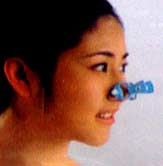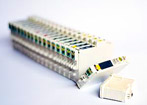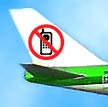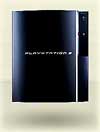A new high-speed Wi-Fi certification plan could actually mean reduced performance for Wi-Fi in future, a leading communications analyst has warned.
The Wi-Fi alliance this week announced that an interim standard for next generation wireless LANs has been approved. New products with the 802.11n draft 2.0 certification will be available from late June.
However, the Wi-Fi alliance has also said that some older 'pre-N' 802.11 wireless LAN products will also be certifiable under the new draft 2.0 certification.
“We see several possible problems for users. Certification of draft products means just that,” said Mark Main, senior analyst with Ovum, a part of the Datamonitor Group. “For the 'N' revision there may be a far bigger problem. 'N' is supposed to provide greater range and much higher speeds through the use of both MIMO antenna technology and channel bonding. But to remain backwards compatible and neighbour friendly with today's hugely popular 802.11g equipment, the new products have to detect other stations and back off from using their single channels. The legacy of 'G' may sterilise the effectiveness of 'N' in some cases.”
“So the big question is: why is the IEEE certifying draft 2 products? In Ovum's view the IEEE is now giving in to the commercial interests from the vendor community that has been pushing draft products for quite some time," Main added.
"This is bad for the credibility of the IEEE," he said. "If the WiFi alliance is so confident then we see few reasons why the final ratified specifications of 802.11n should differ from certified Draft 2.0. But the lengthened timescale to full 'N' revision [to March 2009] suggests there will be differences.
"Leading Service Providers are largely staying away from draft 'N' products for mass market wireless offerings and are sticking with 'B/G'," Main believes, "Consumers might be best advised to do the same.”









